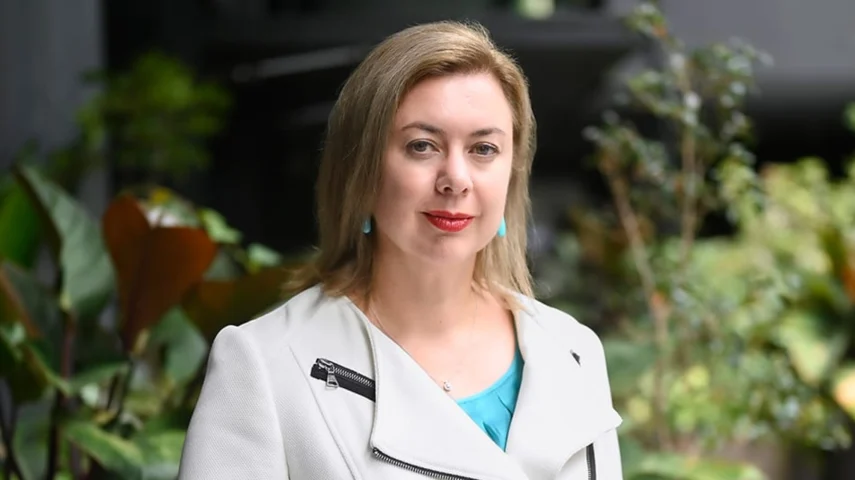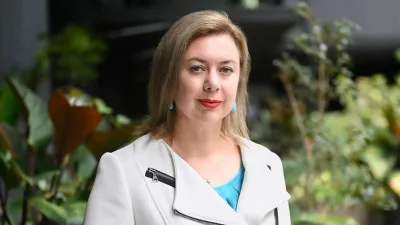FAAA calls for $10k PY candidate support payments



The Financial Advice Association Australia (FAAA) has proposed a package to help financial advice practices support more Professional Year (PY) candidates.
The industry body announced its pre-budget submission to the federal government for 2025, recommending six measures to simultaneously increase the supply of and reduce the cost of advice.
These recommendations are:
- Fund the PY and financial adviser exam.
- Enable ATO portal access.
- Enhance tax deductibility of advice.
- Lower the ASIC levy.
- Make the CSLR equitable and sustainable.
- Introduce “friends of AFCA and CSLR” roles.
“We believe that the government needs to take bold steps to encourage significant growth in new entrants to the profession, improving the supply of advice to enable more Australians to benefit from the services of a professional financial adviser,” the FAAA stated.
Unpacking the first suggestion, the organisation proposed a government assistance package that would provide payments for PY candidates, alongside exam subsidies.
“To address the growing demand for qualified financial advisers and ensure the sustainability of the advice profession, we propose that the government make a payment of $10,000 to each financial advice practice that appoints a PY candidate,” it stated.
If the government were to introduce this scheme with a cap of 1,000 places and a total cost of $10 million each year, this could double the number of new entrants joining the profession, the FAAA explained.
As reported by Wealth Data, just 511 new entrants commenced on the Financial Advisers Register (FAR) in 2024.
The FAAA acknowledged the cost of employing and training up a PY candidate often inhibits more practices – particularly smaller businesses – from doing so, alongside the potential risk of candidates moving elsewhere once they complete the program.
“We recommend that the government provide subsidies to support PY positions, enabling advice practices to employ more PY candidates. An appropriate subsidy, aligned with at least what is being offered for apprentices, would ensure more roles can be offered, while maintaining professional standards.”
Moreover, it called for subsidies to be provided for the advice exam, which currently costs $1,500 per sitting. This substantial figure, the FAAA described, imposes an unnecessary burden on candidates and acts as a disincentive for those hoping to enter the industry.
Introducing ‘friends of AFCA and CSLR’ roles
Another new suggestion that featured in the FAAA’s pre-budget submission was the establishment of a government-funded “friend of AFCA” and “friend of CSLR” roles.
The former would be a position representing the advice community in cases brought to AFCA where the advice firm has become insolvent.
“Acting as an impartial advocate, the ‘friend of AFCA’ would ensure fair representation of the advice sector, in situations where there is otherwise no-one left to speak on behalf of the advice given. By bridging this gap, the initiative promotes accountability while reducing systemic risks associated with unrepresented claims, ultimately benefiting consumers and the broader financial ecosystem.”
Similarly, the “friend of CSLR” role would act as an additional power to investigate underlying conduct in CSLR cases and ensure those responsible for misconduct are held accountable for their actions.
The remaining four recommendations made by the FAAA – enabling ATO portal access, enhancing tax deductibility of advice, lowering the ASIC levy, and making the CSLR more sustainable – are long-running focus areas for the body.
The submission concluded: “With our additional measures, aimed at increasing the supply of and reducing the cost of financial advice, we believe the total package will successfully achieve the government’s stated aim of ensuring more Australians have access to high-quality and affordable financial advice.”
Recommended for you
The association has expressed its support for the Opposition’s commitment to making financial advice a “national priority”, alongside its bold target of reaching 30,000 advisers.
Australian investors are increasingly turning to financial advisers as their top source of information, with more than a third using them for investment guidance.
The number of advisers using the HUB24 platform has passed 5,000, with over 100 added in the latest quarter, thanks to a migration from ClearView.
AMP has cut its executive remuneration following shareholder pushback which sees chief executive Alexis George’s maximum-possible remuneration reduced by almost $1 million.














